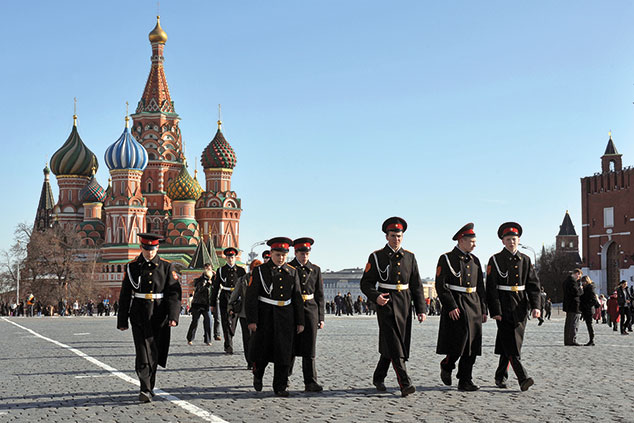
On balance, however, there seems little scope for a big rise in consumption in the near future; the labour market is strengthening and credit growth is accelerating – but on the other hand households are grappling with stagnant incomes and rising inflation. “We need faster growth, especially after several years of recession,” Anton Tabakh, chief economist at Moscow-based credit assessor RusRatings told Bloomberg. The one thing that could give growth a long-term boost by raising the economy’s speed limit is structural reform, but there has been precious little progress on this front in recent years.
In order to improve its competitiveness, Russia would have to diversify its economy. But its “long-standing reliance on raw materials revenues” has hampered modernisation and looks set to keep doing so, says Natasha Turak on CNBC. Between 2005 and 2015, education spending fell by 0.8% to only 2.6% of GDP, and healthcare spending declined by 0.6% to 3.8% of GDP. However, these are two areas the country desperately needs to invest in, according to the World Bank.
Red tape and the fear of having assets seized, a perennial problem in Russia, aren’t helping either. The upshot is that annual growth will fall back again soon.